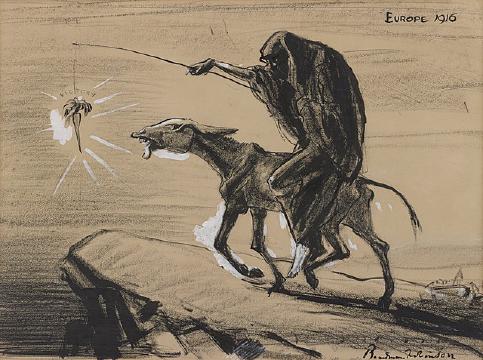Not everyone’s tech savvy. But… it’s interesting that deeper discussions around the objectionable nature of A/B testing are never had in these kind of journalistic articles.
Nothing beats plausibly deniable per device phenomena, dynamic article titles, and/or personalized content — the ole slow motion divide and conquer (they saw it, we didn’t).
That article caught my eye because my Internet speed is rotten enough that I’d have never known.

